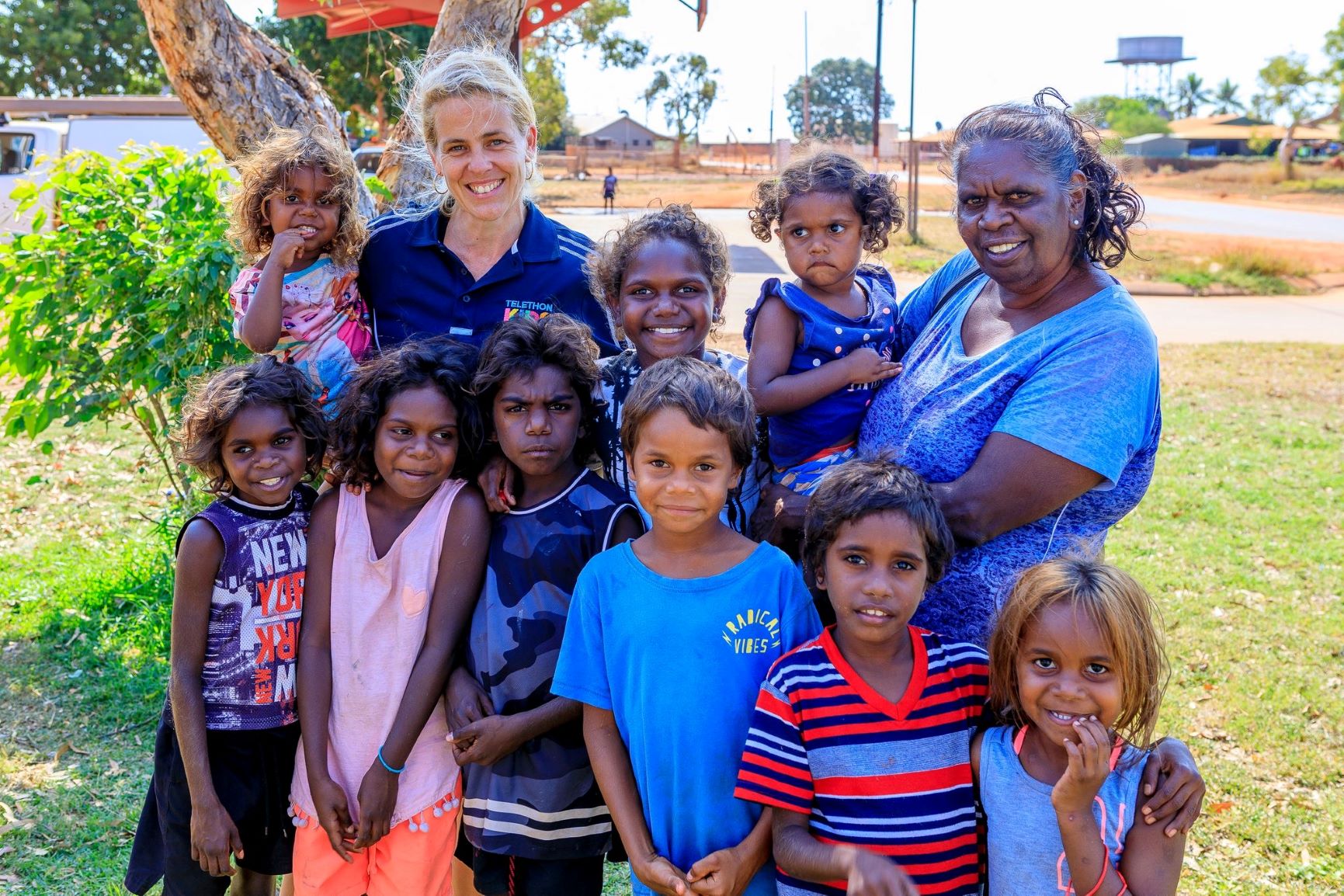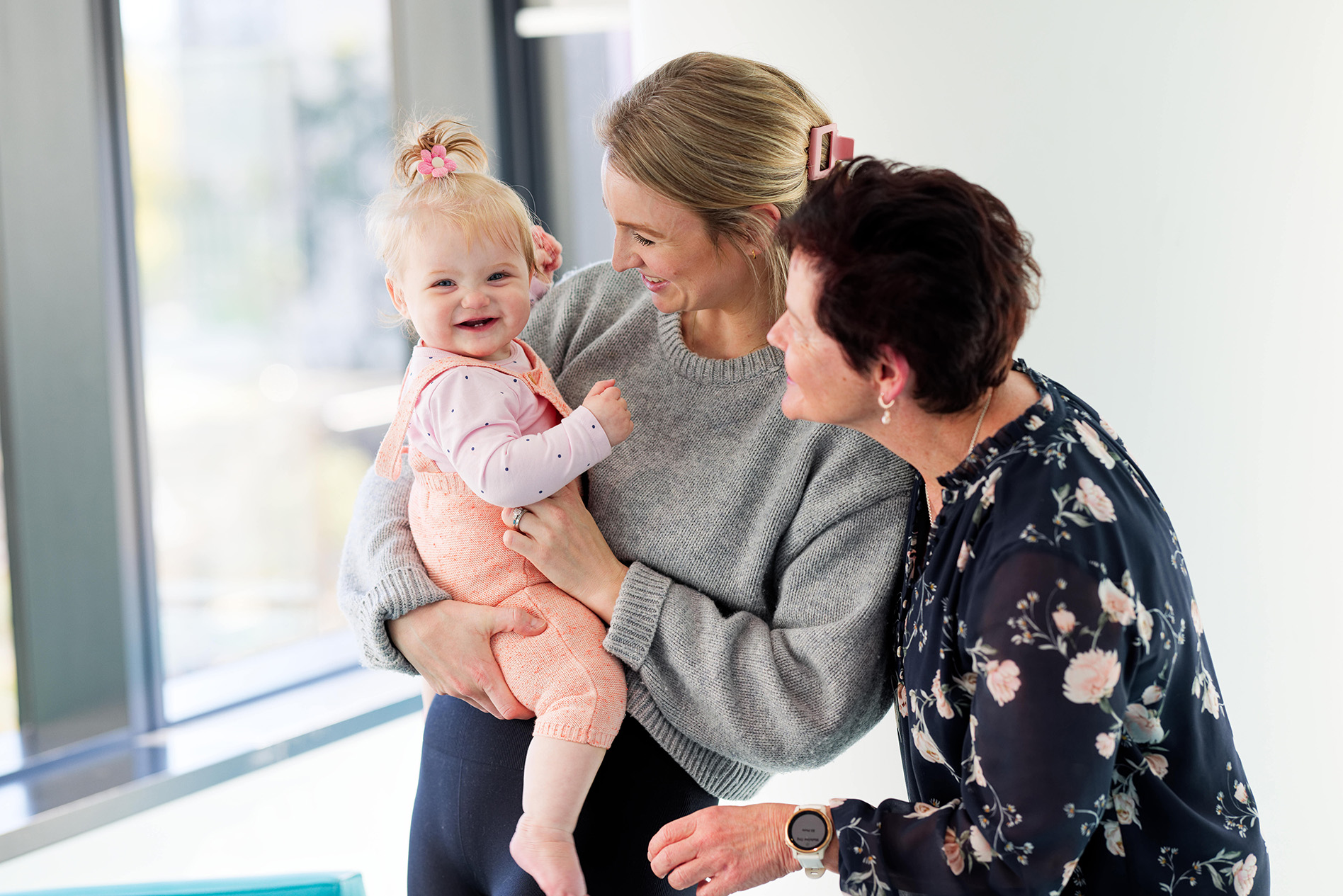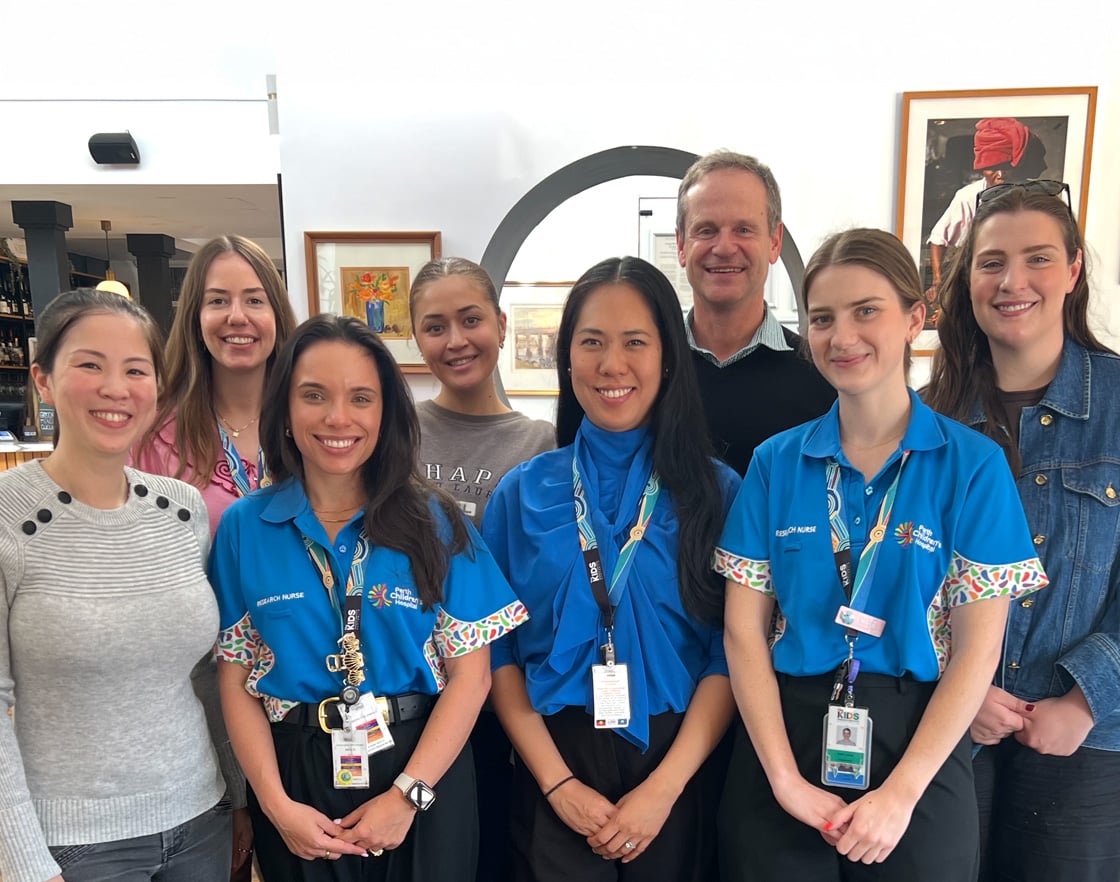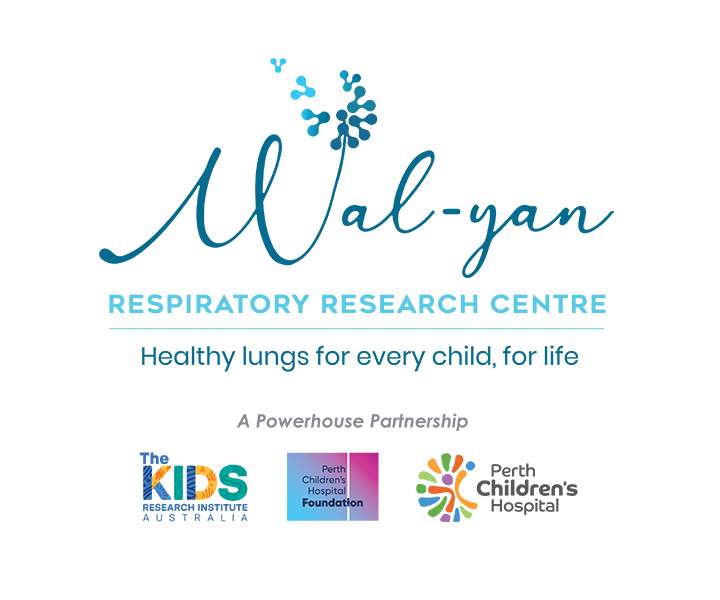Search
Showing results for "aboriginal respiratory"

Respiratory illness accounts for 12% of the age-standardised gap in mortality between Indigenous and non-Indigenous Australians.
To investigate temporal trends in admission rates for acute lower respiratory infections (ALRI) in a total population birth cohort of non-Aboriginal and...
The Opportunity The biostatistician provides statistical support and guidance in respiratory disease (primarily cystic fibrosis), including the

RSV hospitalises millions of babies worldwide every year: our research is helping to change that.

The Wal-yan Respiratory Research Centre is made up of multi-disciplinary teams that are committed to improving the lives of children and their families living with respiratory disease.
The burden of bronchiectasis is disproportionately high in Aboriginal adults, with early mortality. Bronchiectasis precursors, that is, protracted bacterial bronchitis and chronic suppurative lung disease, often commence in early childhood.

Our team aims to optimise lung health early in life to ensure the best possible health outcomes later in life.
Among Aboriginal children, the burden of acute respiratory tract infections (ALRIs) with consequent bronchiectasis post-hospitalisation is high. Clinical practice guidelines recommend medical follow-up one-month following discharge, which provides an opportunity to screen and manage persistent symptoms and may prevent bronchiectasis.
The Opportunity We are seeking an individual who has experience in setting up and monitoring multi-centre clinical trials for pharmaceutical

The Wal-yan Respiratory Research Centre is a global epicentre for paediatric respiratory research, informing clinical practice and driving a new research agenda for childhood lung health.
